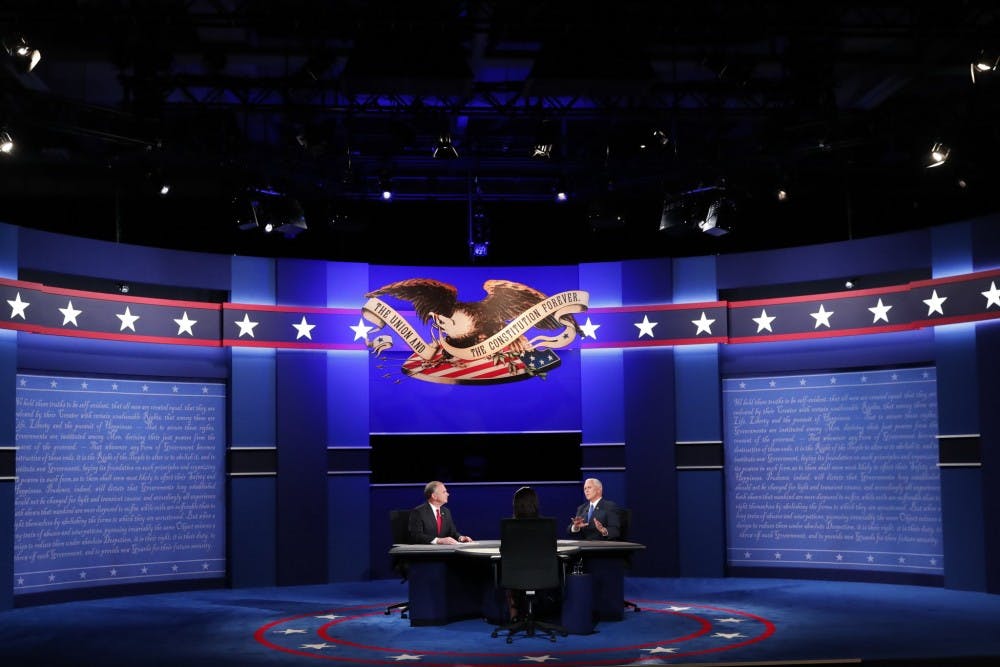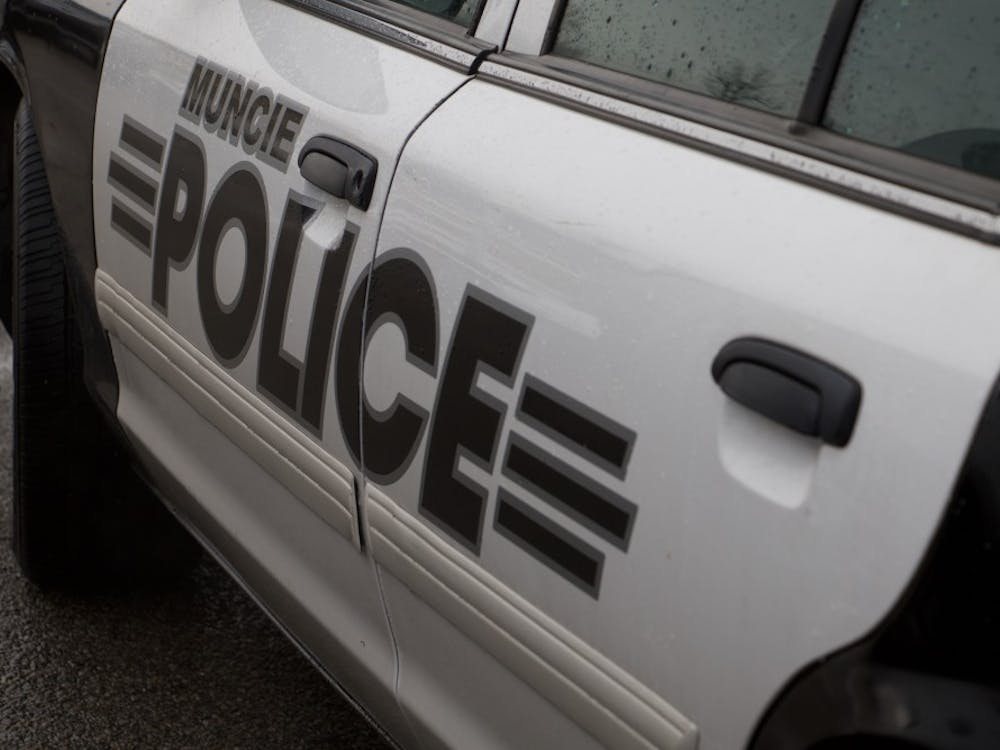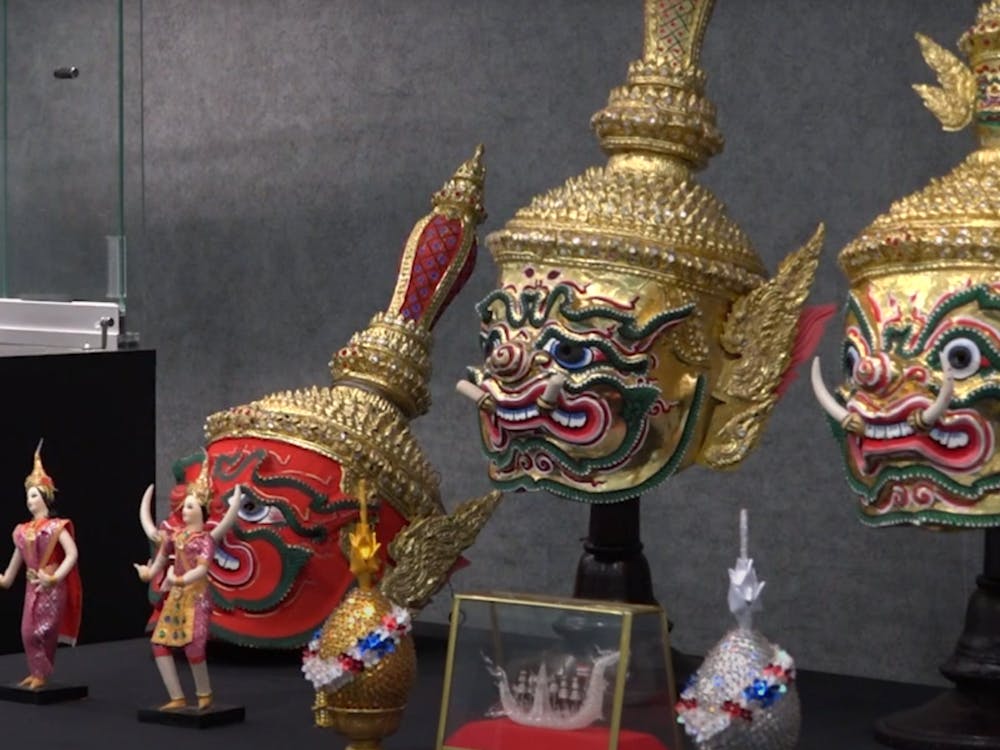Quinnipiac University Poll of 1,644 Americans on what they believe to be the most important issue in the 2016 general election:
1. Economy/Jobs (37 percent)
2. Health care (13 percent)
3. Terrorism (12 percent)
4. Foreign policy (9 percent)
5. Immigration (9 percent)
6. Climate change (6 percent)
7. Federal deficit (6 percent)
8. Taxes (3 percent)
9. Unsure/no answer (4 percent)
There was an atmosphere of apprehension and disappointment as students gathered in the Park Hall lobby Oct. 4 to watch the first and only vice presidential debate between Indiana Governor Mike Pence and Senator Tim Kaine.
This is the second electoral debate viewing party to take place in Park this month, hosted by the Residence Hall Association (RHA) and Student Government Association (SGA) in an effort to inform students about their choices for candidates in the upcoming November election.
“When students vote, they vote not only for the president, but for the vice president,” said Shelby Wardt, RHA president. "We want them to be aware of the vice president and their stance on issues. It’s important that they hear those sides as well and not just the presidential candidates.”
Though a handful of residence halls hosted viewing parties for the presidential debates, Park was the only one to have a showing of the full vice presidential debate.
“Vice presidents would take on the role of the president in the case that anything happens, and God forbid anything does happen, but we should hear what they have to say,” said Roberto Fayad, outreach coordinator of the RHA. “This is about who might be the next leader of the free world.”
The organizers highlighted that the viewing party was a safe space where different opinions should be respected.
A group of around 30 students gathered to hear the candidates speak, picking up juice packs and Doritos from the snack tables set up outside the hall.
As the candidates began speaking, it was clear this debate would be much less of a spectacle than the presidential debate held last week.
Kaine immediately took an aggressive offense strategy, often interrupting Pence to challenge him to defend Trump’s discriminatory comments he had made in the past toward women, Mexicans and veterans.
Though he didn’t directly defend these comments, Pence argued his opposition was running an insult-driven campaign. He again brought up Clinton’s emails, and argued strongly for stricter immigration tactics and for increasing national security through closed-border measures.
Much of the debate focused on foreign affairs, such as relations with North Korea and Middle Eastern countries. A large portion of the debate — almost 20 minutes of discussion — was based on relations with Russia.
“I think more people, especially our age, care more about what’s going on here than they do about what’s happening in Russia,” said Chris Russell, a sophomore nursing major who attended the debate viewing party. “Russia is a big topic but I don’t know why that was like half the debate. It’s the U.S. elections, not the Russian elections.”
The most controversial topic of the debate was when the discussion turned to the Clinton Foundation and Trump’s charity, both of which have recently come under scrutiny for operating under false pretenses. Matt Smith, a sophomore legal studies major, said the moderator did a poor job of keeping the candidates on topic and of stopping them from interrupting each other.
Many issues students seemed to care about were not discussed. There was no mention of income inequality, health care policy, bringing jobs to the country, the issue of money in politics or climate change — an issue some view to be one of the most pressing threats to the country.
Emily Owens, a freshman psychology major, said she was also disappointed in the content of the debate.
“I just expected a lot more from it, more information. Something that will give people a sense of reliability,” Owens said.
The second presidential debate will be Oct. 9 at 9 p.m.





